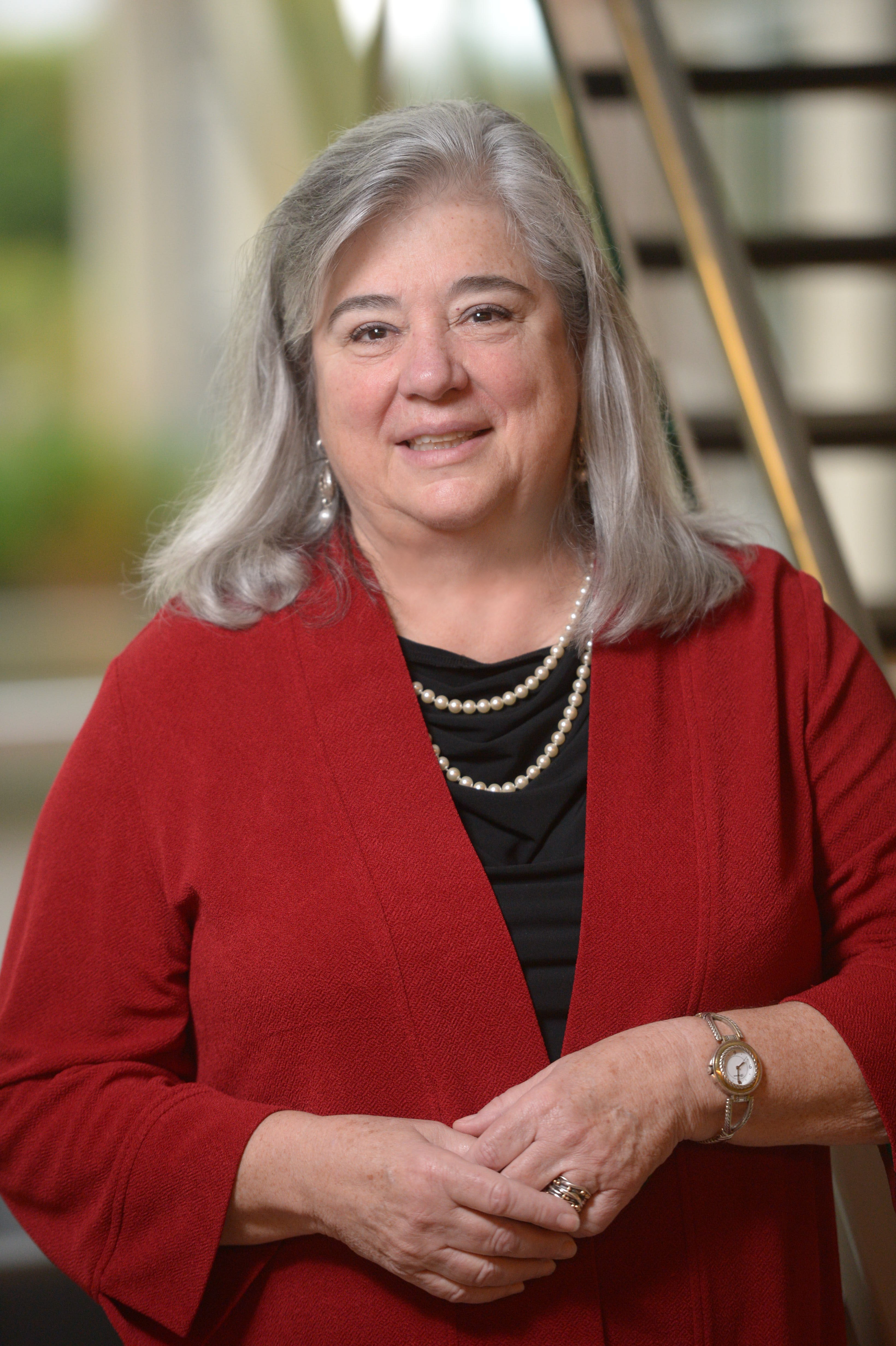6 or 9? Why Persuasive Public Speaking Is Essential

Public speaking makes many of us uncomfortable. However, I had two recent experiences that showed me how important it is for nurses to speak confidently and persuasively in public forums.
In response to a presentation about the National Academy of Medicine’s Committee on the Future of Nursing 2020–2030, a comment was made attributing nursing shortages to nurses who leave the profession after completing advanced degrees so they can be called doctor. I believe he misunderstood that nurses who progress to obtain master’s or doctoral degrees are leaving nursing. Perhaps he defines nurses as only those in the hospital. Perhaps he has seen nurses disassociate from the profession, abandoning the nurse credential on their signature or name tag. I see it happen. Perhaps he is unaware that nursing is built on science, beginning with Florence Nightingale and continuing through to today’s nurse scientists who hold doctorates and deserve the title “doctor.”
In an association’s discussion forum, I read a post from a nurse about a bill on the floor of the Texas state legislature that would provide advanced practice RNs (APRNs) with full practice authority. She saw clear differences in how the physicians who oppose the bill and APRNs who support it spoke and presented their perspectives. Unfortunately, the nurses who spoke were not as well versed in public speaking and perhaps did not adequately outline the rationale of why the legislation should pass. The nurse who authored the post suggested that we support one another to develop skill in presenting our platforms.
You may be wondering what 6 and 9 in the title mean. Depending on from which direction you look at this figure, it could be seen as a 6 or 9. To me, this represents how every issue has at least two perspectives. Nurses have a critical responsibility to speak up when our perspective is absent.
Those who know me probably are not surprised that I spoke up to educate the group listening to the Future of Nursing committee update. I explained that the Doctor of Nursing Practice (DNP) degree aligns with the Doctor of Physical Therapy (DPT) and Doctor of Pharmacy (PharmD) and is not for nurses to be seen as MD (Doctor of Medicine). I also explained that although the numbers of DNPs have increased, the number of nurses obtaining PhDs is decreasing and is a concern for the continued generation of nursing science.
Like the nurses who spoke to the Texas legislators, at first public speaking was not comfortable for me. However, through leadership development opportunities, I have honed my skills and learned how to seize critical moments and present the 6 or the 9 about the issue. How to be persuasive and influential are key skills that all of us can learn and practice to ensure we speak for our profession so others do not define it.
The ONS Board of Directors, Leadership Development Committee, and staff are investigating ways in which we can support members to develop leadership skills, including public speaking. The ONS mission, to advance excellence in oncology nursing, requires us to lead from the bedside to the boardroom and everywhere in between. As always, if you have suggestions, please send them to us at ONSBoard@ons.org.
